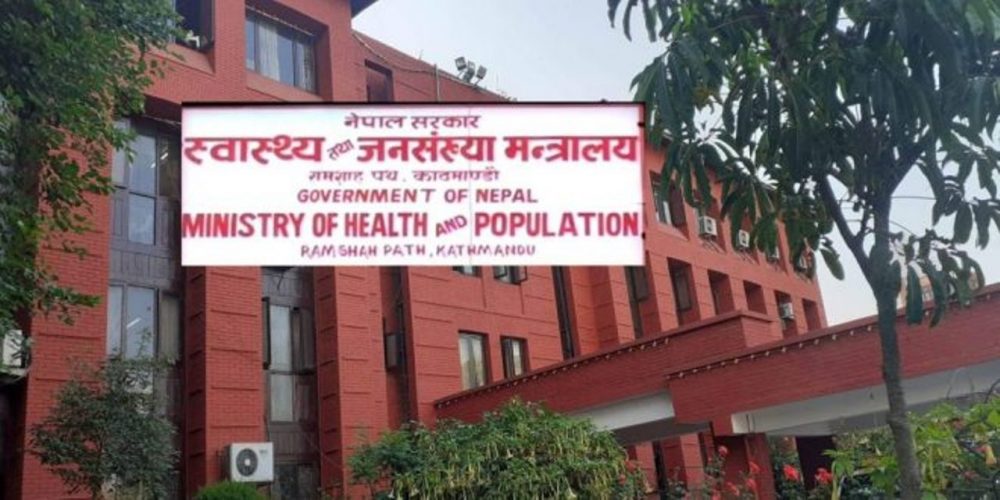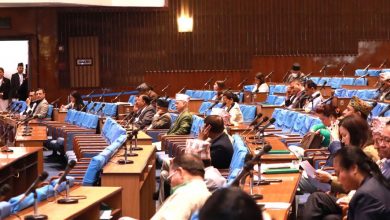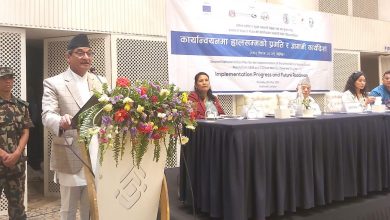‘Eradication of leprosy challenging’
Kathmandu: Despite continuous initiatives, the government has faced challenges in eradicating leprosy. Every year, 2,867 persons suffering from leprosy are recorded on average over the last 10 years.

The government, however, had declared that leprosy was not a public health problem as per the WHO standard 16 years ago. Now, with the continuous tracing of the lepers, the government has vowed to eradicate leprosy by 2030.
The Ministry of Health and Population has said that in every 10,000 persons, a person was found to be a leper in 18 districts of Nepal, which is above standard. Secretary Bikas Devkota from the ministry shared that Madhes Province has the highest number of such persons, while Gandaki Province has the least number of sufferers.
Secretary Devkota said it was challenging for Nepal to eradicate leprosy because it was still stalking people in 18 out of 77 districts. Among 200 thousand lepers, some 30,000 are disabled.
Most of those suffering from leprosy are unemployed. The Epidemiology and Disease Control Division under the Health Department of the Ministry has been running programmes in collaboration with various organisations, including WHO, to wipe out leprosy.
With the help of the WHO, the government provides medicines free of cost to those suffering from this disease. The National Leprosy Strategy issued by the federal government is currently in enforcement.
Leprosy is an infectious bacterial disease, causing skin sores and damaging nerves in limbs and the body. If it is not treated on time, it renders people disabled.
Owing to the social stigma surrounding the disease, those suffering from it are bound to live in a socially excluded state with utmost distress and trepidation. The doctors and health researchers argue that the social perspective towards them needs to change for their dignified living.
Meanwhile, Minister for Health and Population Pradeep Poudel has said that a new strategy will be formulated for the eradication of leprosy. At the ‘Nepal Leprosy Conference’ organised today, he pointed out the need for a strategy to be adopted while setting priorities for the eradication of the disease by 2030.
Minister Poudel expressed confidence that the conference would help bring clarity to the strategy. Admitting that the eradication campaign has not gained momentum despite the collaboration of many organisations, he stressed the need to work on both legal and social aspects to make it a reality.
RSS









Comments